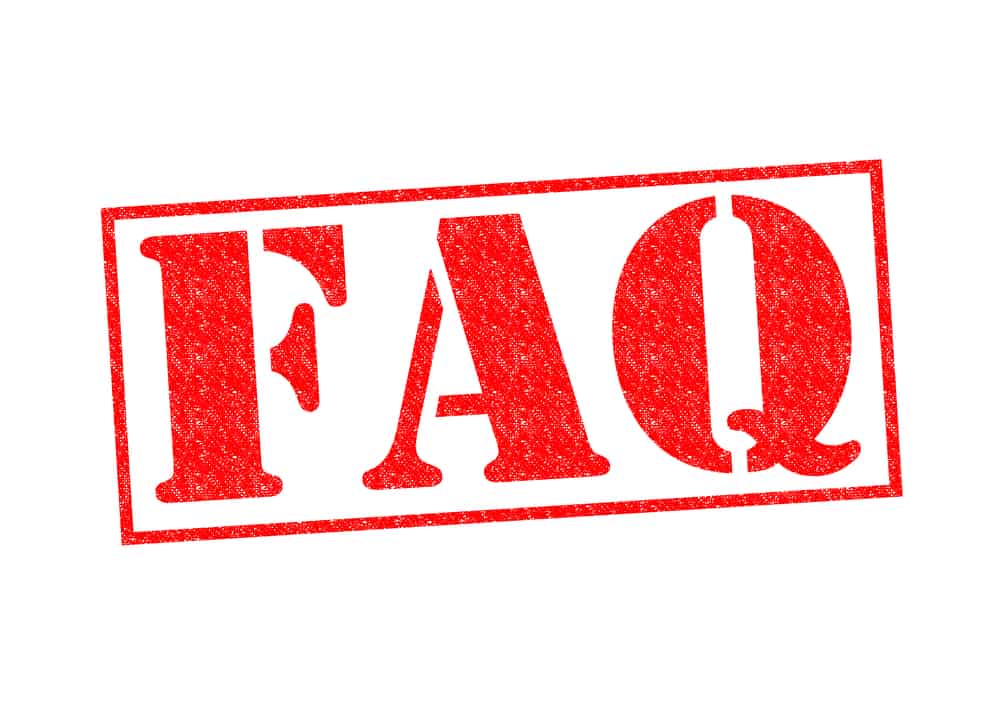Granting someone a power of attorney (POA) is a significant decision that allows a designated individual, known as the agent or attorney-in-fact, to manage financial matters on behalf of the person who grants the power, known as the principal. One question that often arises about POA is whether the agent can legally transfer money to themselves while acting in their capacity as the attorney-in-fact.
It’s crucial to understand that the agent’s primary duty is to act in the principal’s best interests, which typically means avoiding actions that could create a conflict of interest or be perceived as self-dealing. The specific rules and limitations concerning transferring money to the agent may vary depending on the jurisdiction and the type of POA in place, such as a general or limited POA.
Generally, an attorney-in-fact can only transfer money to themselves if it is explicitly outlined and authorized within the POA document. Principals need to draft a clear and well-structured power of attorney document that outlines the scope of authority and any limitations or conditions under which the agent can transfer funds for their use. Consulting with a professional, such as an attorney, can help ensure that the POA document safeguards the principal’s assets while granting the agent the authority to act on their behalf.
Understanding Power of Attorney
A power of attorney (POA) is a legal document authorizing a person, called the agent or attorney-in-fact, to act on behalf of another person, the principal, in various financial or personal matters. The extent of authority given to the agent depends on the type of POA agreed upon.
There are two main types of power of attorney:
- General Power of Attorney: Grants the agent broad authority to handle various matters such as managing finances, buying and selling property, and making healthcare decisions.
- Limited or Special Power of Attorney: Assigns the agent specific tasks, limiting their power to act only in particular situations or decisions, e.g., managing a real estate transaction.
In addition, POAs can be classified based on their durability:
- Durable Power of Attorney: Remains in effect even if the principal becomes incapacitated, unable to make decisions for themselves.
- Non-Durable Power of Attorney: Terminates if the principal becomes incapacitated, requiring a new POA to be established.
When an agent has a POA, they have a fiduciary duty to act in the principal’s best interest. This means they must act responsibly, ethically, and honestly while maintaining high transparency. Mismanagement of the principal’s assets, abusing the powers granted, or direct conflicts of interest can lead to legal consequences.
Regarding the question of whether a POA can transfer money to themselves, it depends on the specific terms outlined in the POA document. In general, if the transfer is for a legitimate purpose, such as paying the agent for their services or reimbursing expenses incurred on behalf of the principal, it would typically be allowed. However, transferring funds without a justifiable reason or clear consent from the principal might result in criminal or civil liability for the agent, as it could be deemed as misappropriation or financial abuse.
Transferring Money to Themselves
A power of attorney (POA) is a legal document that allows an individual (the principal) to grant authority to another person (the agent or attorney-in-fact) to make decisions and perform actions on their behalf. One of the crucial aspects to consider while dealing with a POA is whether the agent can transfer money to themselves. This section will explore the legality and ethics involved in such actions.
Legality
Generally, an agent under a POA has a fiduciary responsibility to act solely in the principal’s best interests and not in the agent’s interests. Transferring money to oneself may sometimes be legal as long as the principal explicitly allows it in the POA document.
For instance, if the principal wants the agent to manage their finances, including compensating themselves for the services they render, the POA must clearly outline this aspect. If the POA document doesn’t address this allowance, transferring money to oneself may constitute a breach of fiduciary duty, resulting in civil or criminal penalties for the agent.
Ethics
Beyond legality, the ethics of transferring money to oneself as an agent under a POA come into play. As a fiduciary, the agent must prioritize the principal’s best interests and act in good faith, ensuring that their position of trust isn’t abused.
Some ethical considerations for the agent include:
- Transparency with the principal (or their family) about any transfers
- Ensuring that compensation or reimbursement claims are reasonable
- Keeping accurate records of transactions and justifications
By adhering to these ethical practices and having clear communication, the agent can help maintain trust with the principal and avoid potential legal or ethical issues associated with transfers.
Preventing Financial Abuse
Protecting your assets from potential financial abuse is essential when granting someone power of attorney. You can implement measures to ensure your finances are maintained responsibly and transparently. This section covers two key aspects:
Choosing the Right Agent
Selecting a trustworthy agent is the first step in preventing financial exploitation. Consider the following attributes when appointing an agent:
- Integrity: Choose someone with a proven track record of honest and ethical behavior.
- Financial knowledge: Your agent should know financial matters or management experience.
- Good communication: An agent must communicate regularly and transparently about your finances.
- Willingness to serve: Confirm that the agent is committed to acting in your best interests and respecting your wishes.
Setting Limitations
Implementing limitations on your agent’s authority can effectively prevent financial abuse.
Consider these constraints:
| Limitation | Description |
|---|---|
| Payment Review | Require a third party to review and approve significant financial transactions. |
| Clearly defined powers | Specify the agent’s powers, limiting decisions on property sales or investments. |
| Duration | Set an expiration date for a power of attorney, requiring renewal if needed. |
By carefully selecting your agent and setting limitations, you can protect your finances and minimize the risk of financial abuse.
When to Seek Professional Advice
Individuals involved in a power of attorney arrangement must seek professional advice under certain circumstances. This helps ensure that all actions taken by the agent, including transferring funds to themselves, are lawful and in the principal’s best interests.
Legal and financial professionals, such as attorneys or financial advisors, can provide valuable guidance and assistance when:
- A power of attorney document needs drafting or reviewing.
- The scope of the POA is unclear or broad, leading to the potential for mismanagement or abuse of funds.
- There is suspicion that the agent is abusing their authority or not acting in the principal’s best interest.
As the agent, if you are unclear about your legal limits and responsibilities, it is wise to consult an attorney or financial advisor before executing any significant transactions. This ensures that you act lawfully and within your authority’s scope.
Similarly, if you are the principal or a concerned family member, seeking professional advice allows you to understand better the legal boundaries of the agent’s role and the monitoring and control mechanisms in place to deter potential financial abuse.

Frequently Asked Questions
Several questions often arise when a power of attorney (POA) transfers money to themselves. This section will address a few frequently asked questions on this topic.
Can a POA legally transfer money to themselves?
A POA can transfer money to themselves only if the legal document explicitly grants them this authority. However, they must always act in the principal’s best interest and follow any specific instructions outlined in the POA agreement.
What are the limitations of a POA in financial matters?
Limitations on a POA depend on the type and terms of the POA agreement. A general POA grants broad authority, while a limited or special POA has specific restrictions. The principal can clearly outline the financial powers and limits within the document to avoid conflicts and potential abuse.
Can a POA be held accountable for misusing funds?
A POA can be held accountable for misusing funds or abusing its authority. If the agent is suspected of wrongdoing, legal action can be taken to protect the principal’s assets and revoke the POA.
How can a principal protect themselves from potential financial abuse by a POA?
Some precautions a principal can take are:
- Explicitly outlining the financial powers and limitations within the POA document.
- Appointing a trusted person as the agent.
- Requiring the agent to provide periodic financial reports.
- Designating a third party to oversee the agent’s actions.




